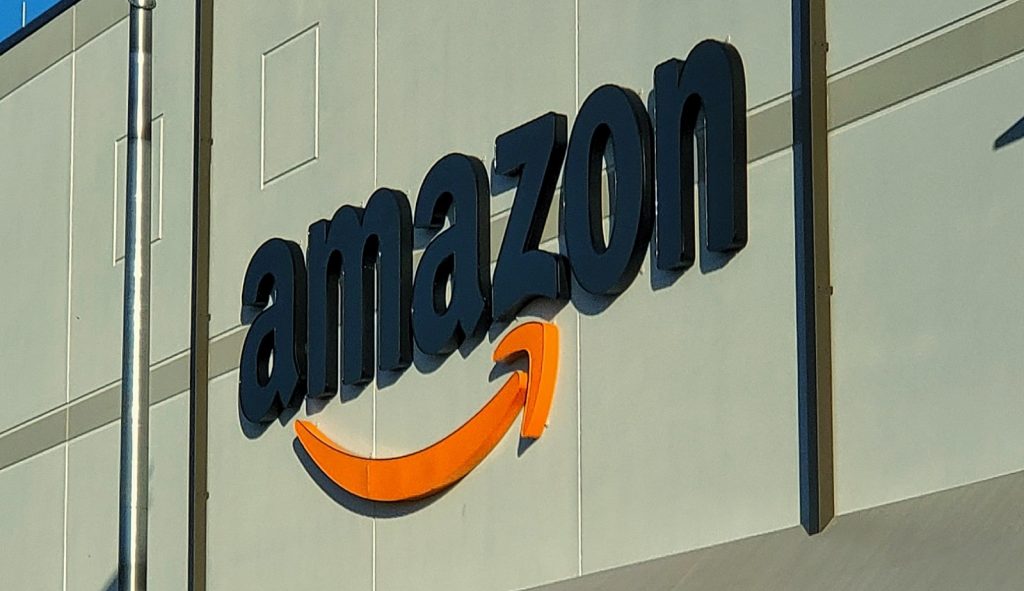Amazon is the latest to join the AI race as the company has now introduced tools to build and grow its own artificial intelligence applications.
The AI service Amazon Bedrock will be offered to companies through its cloud computing platform, targeting corporate customers who are eager to incorporate AI into their business.
No ad to show here.
Generative AI
Amazon is one of the largest cloud computing providers in the world, and it seems it has prioritized investment in generative AI.
While some still battle to grasp, the concept of generative AI, it is a type of AI technology that can produce various types of content in the form of text, images, audio and even synthetic data.
Niche market
Amazon using tools built by Bedrock plans to offer secure online services for companies to have the ability to build their own applications, which Amazon plans to run at a cheaper rate than its competitors.
The cloud service based company will follow Microsoft which with the help of OpenAI launched Bing, Google introduced chatbot Bard and Alibaba came in with Tongyi Qianwen.
Bing is the name of an AI-powered search engine coupled with an edge browser from Microsoft.
Available for preview now at Bing.com, this search engine promises a new chat experience, more complete answers and the ability to generate content.
Bard is Googles answer to AI technology.
“We’ve been working on an experimental conversational AI service, powered by LaMDA, that we’re calling Bard. We’re taking another step forward by opening it up to trusted testers ahead of making it more widely available to the public in the coming weeks,” said Google in its blog.
Bard will combine intelligence and creativity and draw on web information to provide fresh, high quality responses.
It is an experimental conversational AI service powered by LaMDA.
While Amazon seems to be considering its pocket, it doesn’t seem as though it may throw millions in investment dollars for AI just yet.
By offering a platform for corporate business that want to incorporate AI features, Amazon’s strategy appears to focus more on a niche market unlike its competitors.
Also read: Eskom, Stage 6 load shedding: Will we get a stage 7, 8?
